When NASA sent its first woman to space, Sally Ride, why was it they thought she might need 100 tampons for only six days? We wish we knew.
A study from the International Journal of Adolescent Medicine and Health asked pediatricians about their clinical practices around menstruation education. The data showed that “the majority were unlikely to discuss feminine products with patients,” according to the journal. Why are pediatricians — doctors who are in charge of educating their young adult patients about their bodies — unlikely to discuss products necessary for menstruating women? We wish we knew.
Why were NASA staff not previously told how many tampons a woman normally goes through during her cycle? Why are pediatricians, who are tasked with informing preteens about periods, not fully educated or aware about simple period facts? Why are these educated, intelligent people so unaware of what should be common knowledge?
We wish we knew.
It is crucial that we create a world in which we are comfortable with the topic of menstruation, and are fully educated about periods. But unfortunately, we are not.
In our society, there is often a lack of information and an angry cloud of misinformation that has led to prejudice and disgust when discussing menstruation. This lack of knowledge and prevalent disinterest in the matter of menstruation has contributed to a rise of insecurities in many young women and girls.
The fear of judgment associated with the female experience leads women to question themselves and their body.
Young women and girls think that they need to be dead silent about any of their pain or discomfort because of fears created by the often nitpicky and judgemental society that deems many women’s feelings as an overreaction. We women worry we are making others uncomfortable by sharing our experiences, which has ingrained the habit of sitting and suffering in silence.
In our experience, while in the bathroom, we have heard the slow and strained sound of a pad or tampon being opened. Many women feel the need to tip-toe around opening the packaging of their feminine hygiene products as carefully and as quietly as possible, trying to keep their own menstruation a secret, further encouraging unease around the people who understand the most.
This unease has led to women feeling like their bodies are simply not their own. Ms. Olivya Conner, La Salle’s Director of Service, finds that the fear and lack of information around menstruation also often leads to confusion and apprehension. “I think for a long time I felt super out of control because I didn’t know what was happening to me,” she said.
This creates a world where people are too scared to talk about their periods and the pain it causes, leaving many women trapped by their cycle.
Why are we so scared to discuss and experience such an ordinary matter? Every month, 1.8 billion people across the world menstruate. Half of the world’s population experiences menstruation for much of their lives. Simply put, “It is an ordinary thing, so it makes sense that it should be treated in an ordinary way,” religion teacher Mr. Edward Kendrick said.
Unease around this bodily function has influenced the continuation of hollow education in schools, meaning that menstruation is mentioned, but only briefly covered.
Most people might be taught about periods in a quick lesson during their fifth grade health class, but that simply isn’t enough education for students to really understand what happens during menstruation. We need to have a deeper understanding to prevent women from feeling confused about what is happening when they first get their periods. We cannot allow questions to go unanswered.
We don’t want young women to be left in the dark on why their body functions in the way it does. We don’t want them to frantically search the internet in hopes of finding elusive answers, which could result in misinformation, confusion, and harm.
Teaching people about periods in classes and ensuring they are in a safe and comfortable environment could “be helpful if someone is struggling on their own because they do not have people that are telling them things,” Mr. Kendrick said. “It is a way to clear the air, and then also for men, I think it can be helpful to give some perspective.”
Educating students on this topic not only squashes misinformation, but it creates space for women to understand everything that is happening inside of their bodies.
When taking the required health courses at La Salle, freshmen and sophomores get a short video and a guided notes sheet to fill out about the menstruation cycle. However, though the current curriculum only covers basic information, La Salle is working to make improvements.
“We are looking into doing more,” Mr. Sulages said. “It’s very important for all genders to be educated. Understanding the menstrual cycle and the details can help all of us in many ways.”
In our experience, this lack of education is very present in Catholic schools. For many private middle schools, “Health curriculum doesn’t really touch on this topic,” PE and health teacher Mr. Chris Sulages said. While this is understandable considering the important curriculum that has already been put in place, and that it might be difficult to alter it for more menstruation education, it is unfortunate that we have found this to be a common thread in Catholic education. This does not mean people don’t care or don’t find periods important — it simply means that many have not found the time to make necessary changes to our lacking menstruation education.
Even knowing that making changes can be difficult, it is crucial that time is allocated to do so. We should find a way to incorporate a full unit, or even a mini-unit, where hormones and the menstruation cycle are explained. If we can do this, we will allow young women to better understand their bodies and become properly educated instead of turning them away and leaving them in the hands of web searches.
All people, especially young adults, should be aware, knowledgeable, and respectful of women’s bodies. Adequately learning about menstruation is one crucial step to reach that goal.




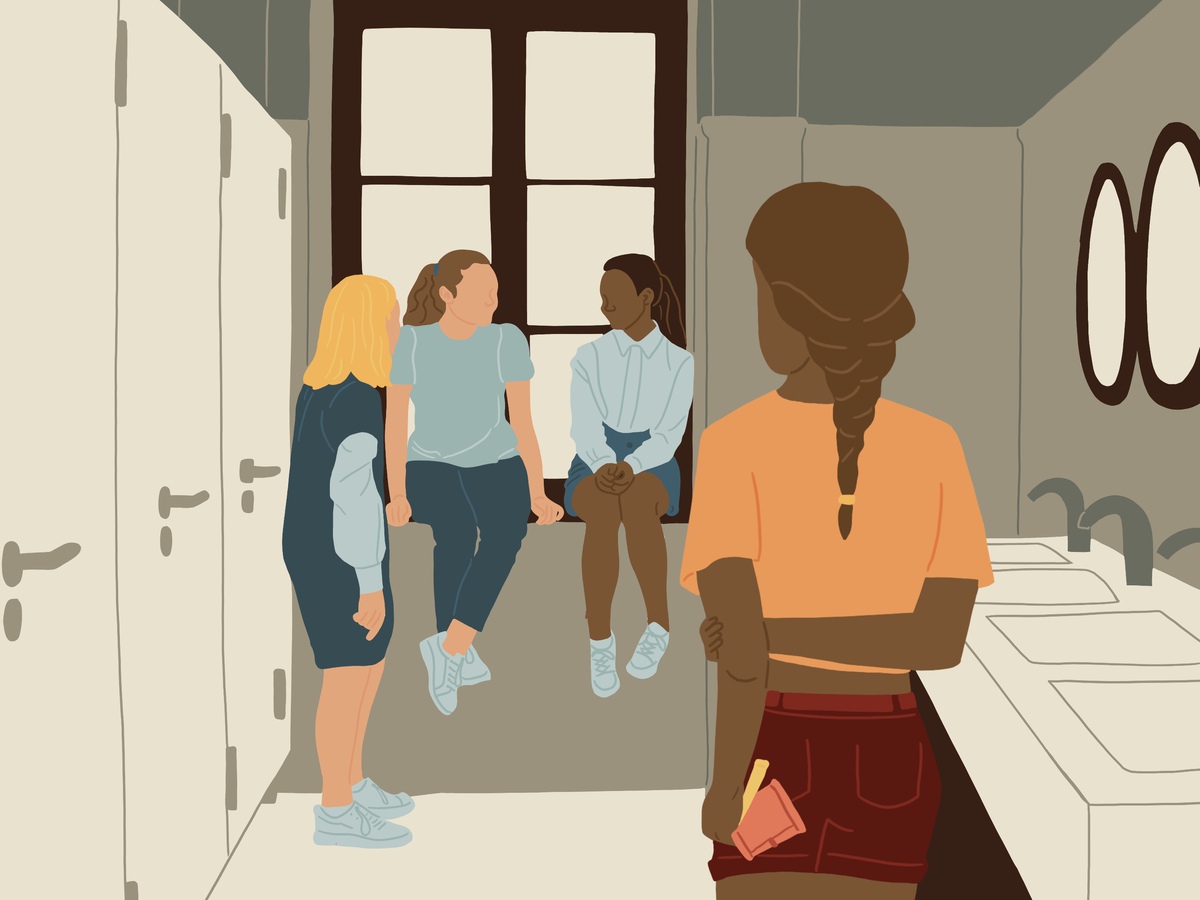



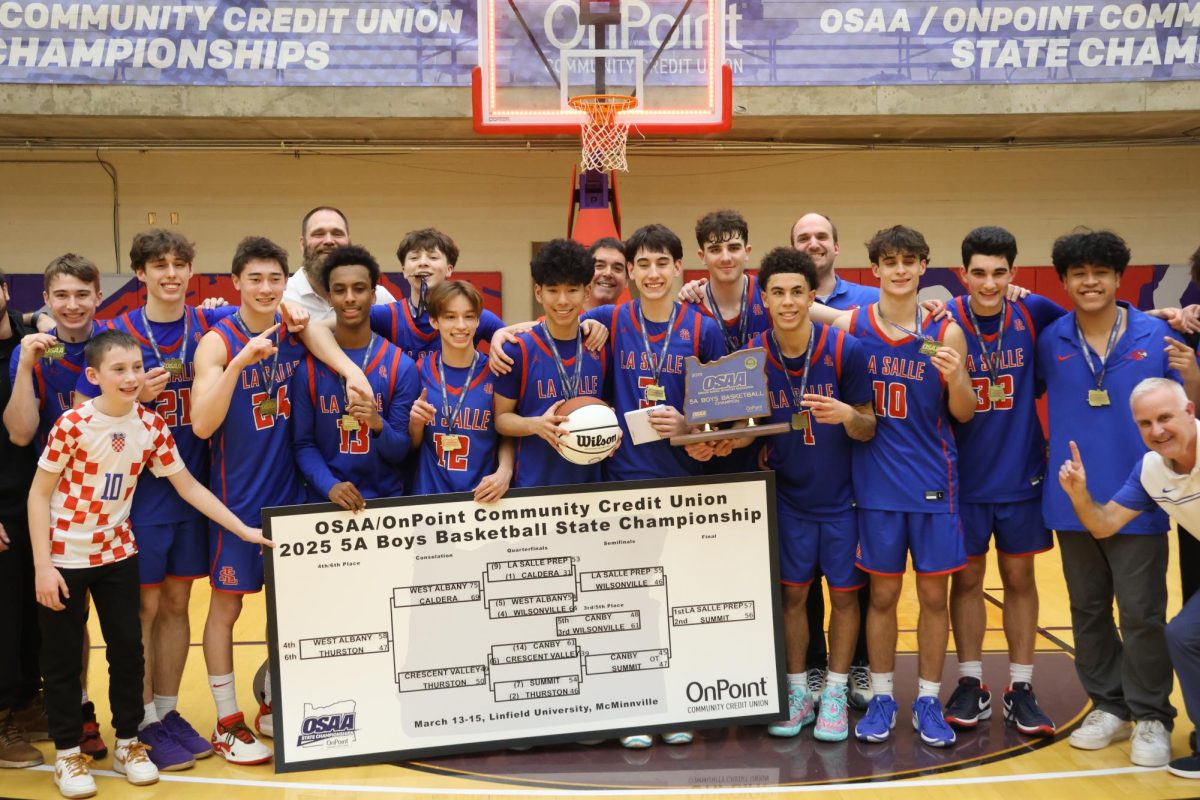
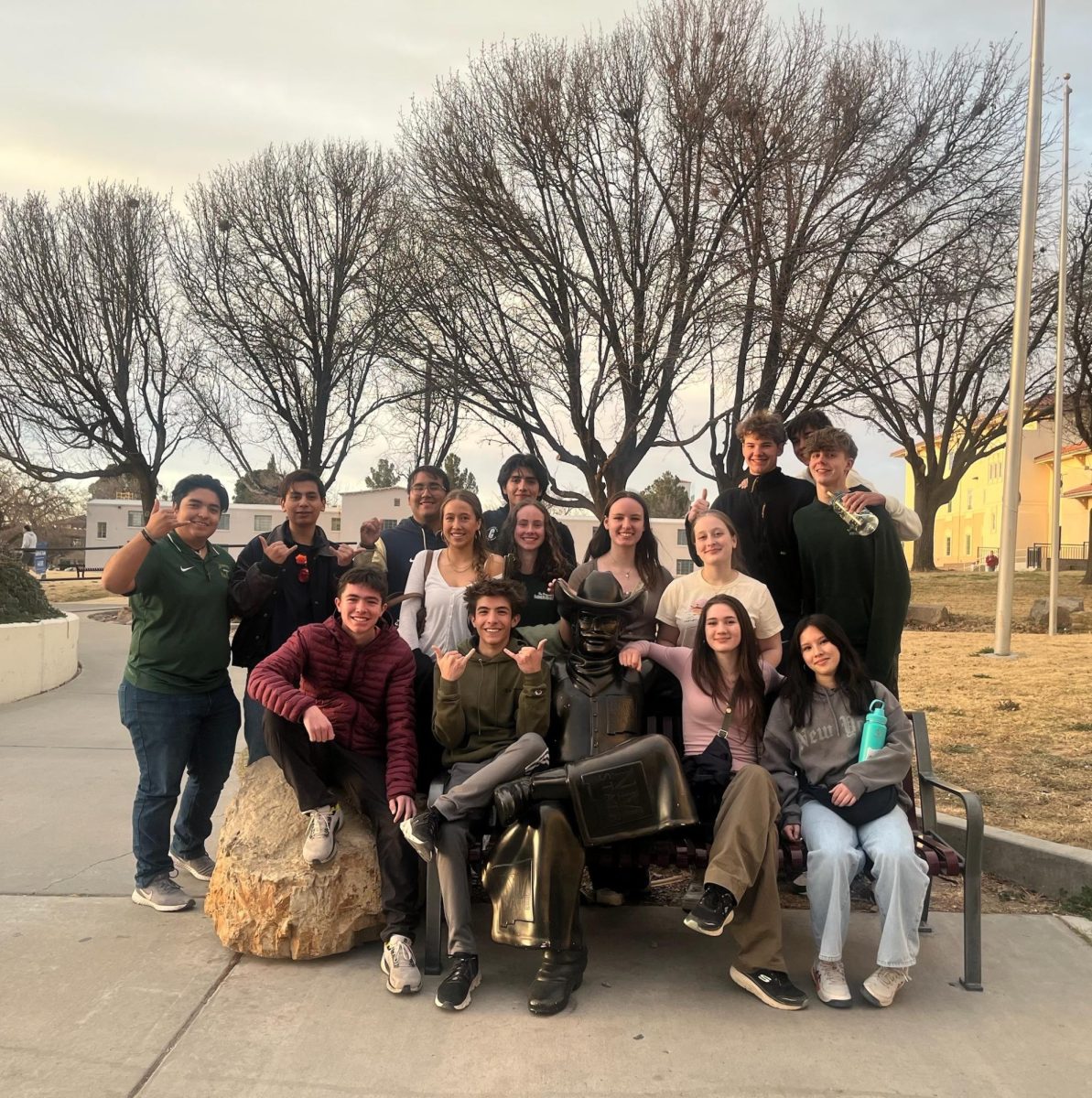
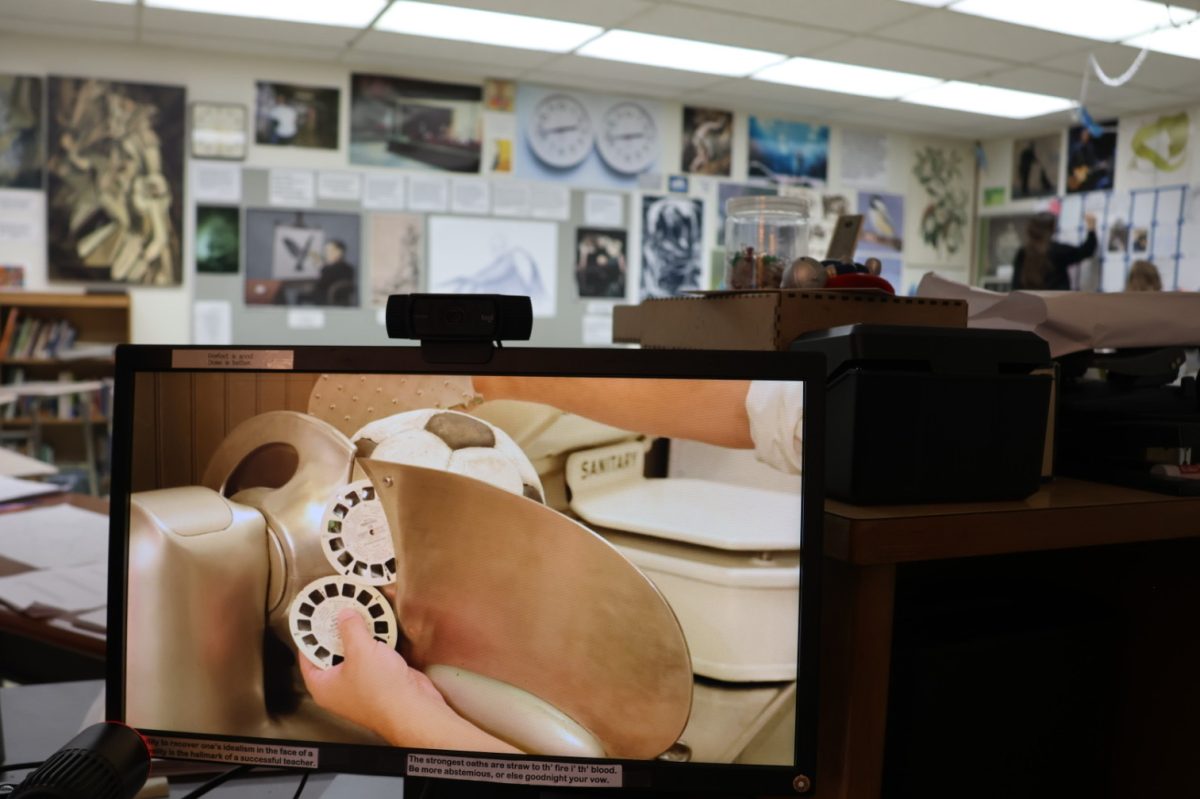

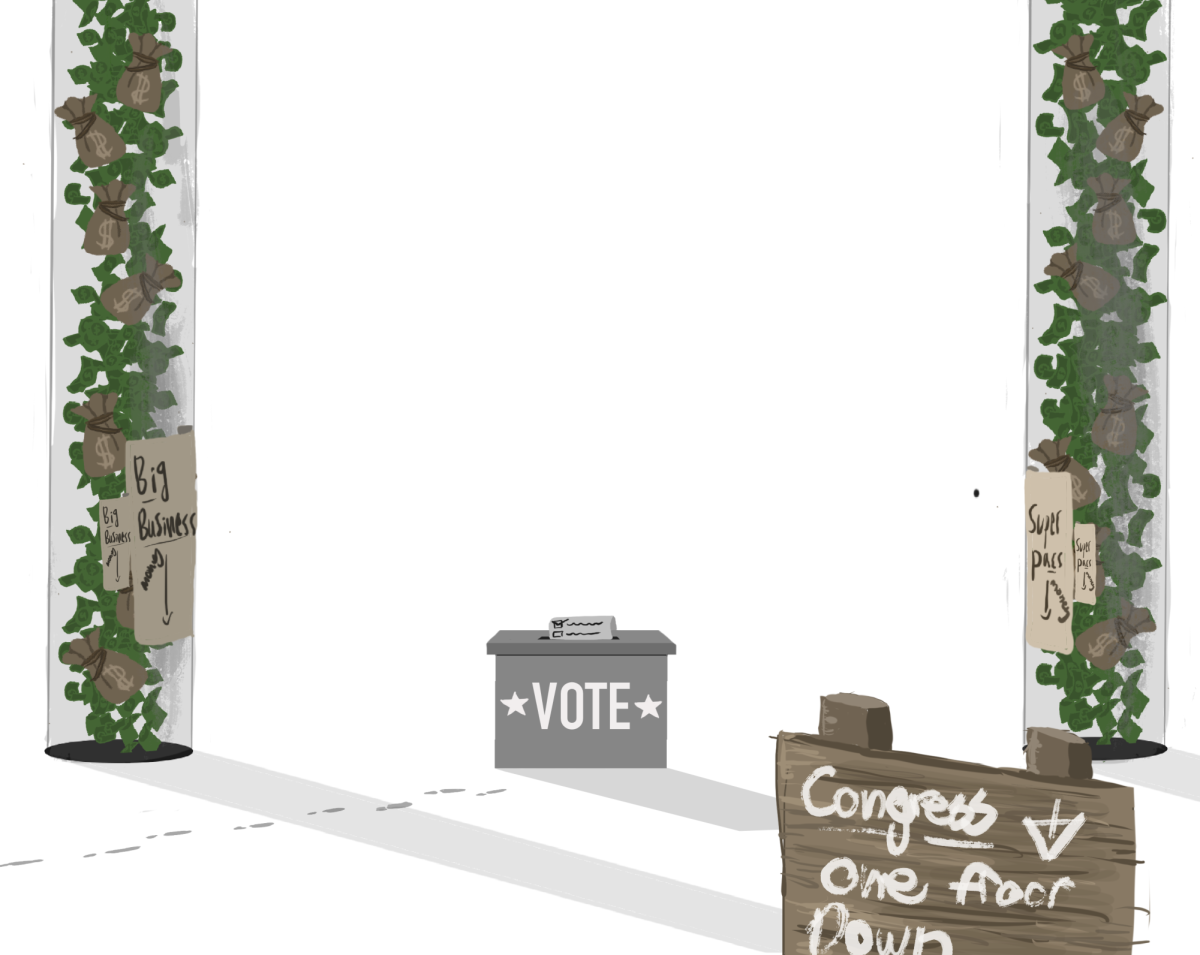
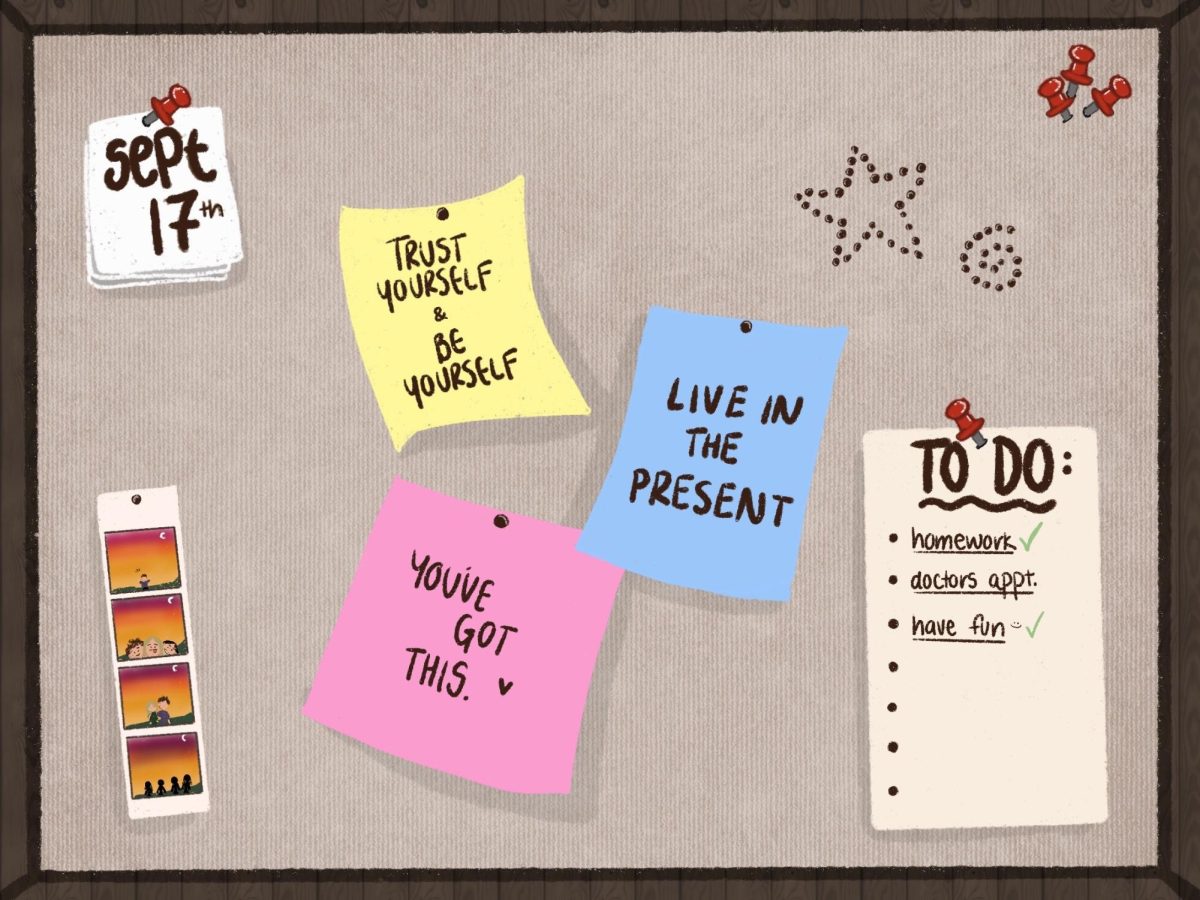

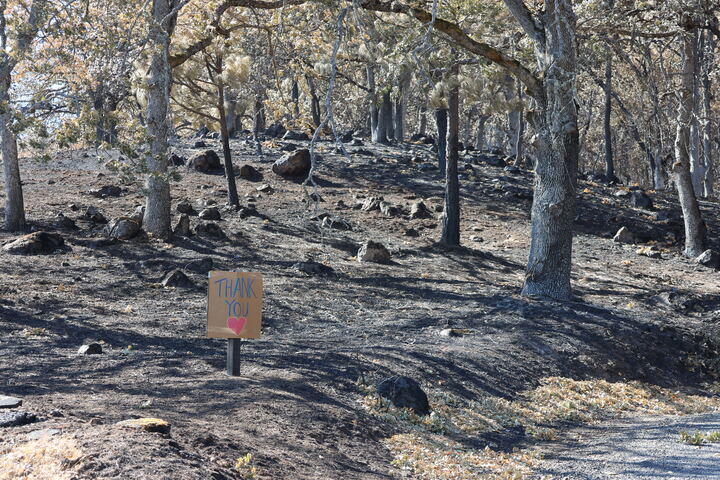

Tom McLaughlin • Nov 15, 2024 at 2:57 pm
Beautifully written, Rowan and Rita. Thank you for challenging us as individuals and a collective by boldly tackling this essential topic.